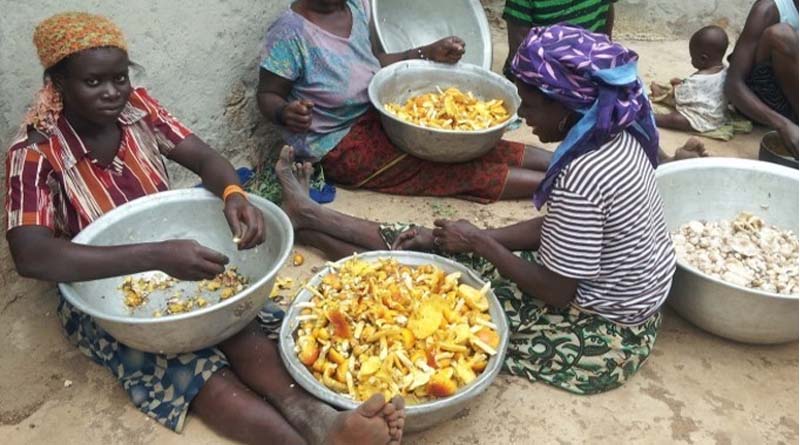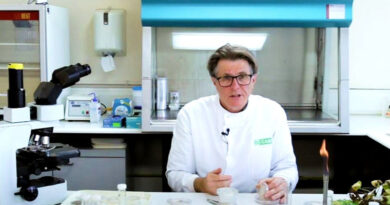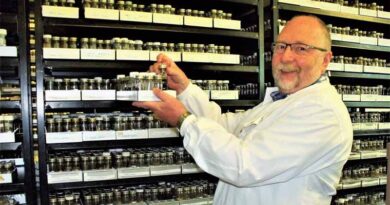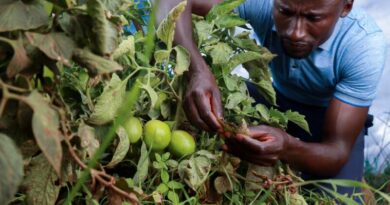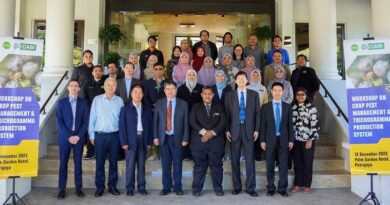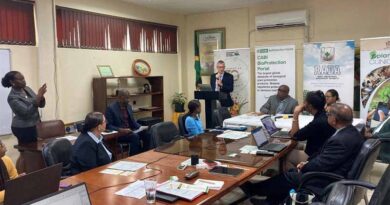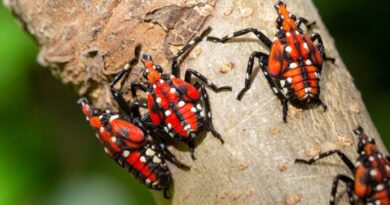Giving Fungi a Place at the Table
24 April 2024, Africa: A Darwin Initiative project, which began in June 2023, is concerned with the real, big and challenging impact of fungal diversity loss on the livelihoods of millions of rural women in Sub-Saharan Africa.
CABI is one of a number of partners including the Matobo Conservation Society (Zimbabwe), and the Permaculture Association (UK), who are engaging on the project, led by the University of Parakou in Benin, who are looking for solutions.
“Without fungi, we wouldn’t be here”
Dr David Minter, who was involved in digitizing the CABI Bioscience Fungal Reference Collection (IMI), Cathy Sharp (Matobo Conservation Society), Gihan Soliman (Permaculture Association), and Nourou Yorou (University of Parakou), argue that without fungi, we wouldn’t be here.
Writing on the Darwin Initiative website, they state that: “Fungi are also incredibly numerous. Their species run into millions, maybe second only to insects and probably six times more than plants. And they’re wonderfully diverse. Some of creation’s most remarkable organisms are fungi. In short, they’re an indispensable part of nature’s rich heritage.”
“Just as threatened as everything else”
They add: “And ‘indispensable’ is the important word, because like animals and plants, fungi have no magical protection against the destruction caused by humans. Faced with climate change, exploitation, habitat loss, persecution, and pollution, they are just as threatened as everything else.”
Read more about how fungi provide antibiotics, anti-cancer drugs, biological control agents, ecosystem checks and balances, fermentation, food and drinks, industrial enzymes, ruminant symbionts, statins, and so much more in the article ‘Giving fungi a place at the table.’
Photo: Women collecting/ cleaning wild edible mushrooms in Angaradébou village (Benin). Credit – Laourou G. (2017).
Also Read: ADAMA Launches New Cereal Fungicide Avastel®
(For Latest Agriculture News & Updates, follow Krishak Jagat on Google News)

